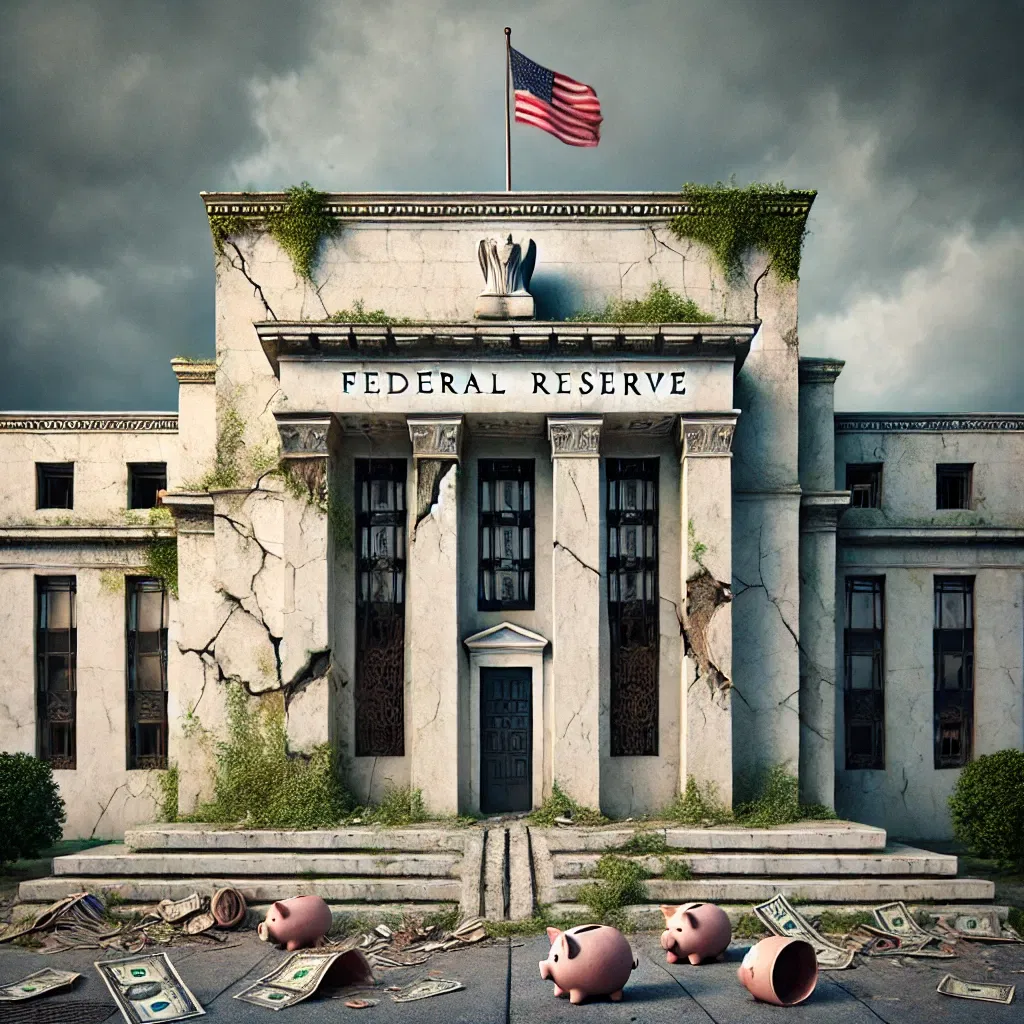If you’re an entrepreneur and want to make an absolute fortune, you need to head to Asia.
The last several weeks on the ground here have only reinforced my long-held premise that Asia’s economies represent vast, wide open potential. These economies are growing, and shall continue to grow thanks to solid macroeconomic fundamentals like a large pool of savings, lack of reliance on credit, and dual trade/budget surpluses.
Nowhere is this more clear than in China. Despite its dizzying growth rates in recent years, the middle kingdom is still developing, albeit rapidly.
What does this mean?
In the US or Europe, true innovation is uncommon– anything that could possibly happen has pretty much already happened. If an entrepreneur wants to start a business in New York or London, s/he will be competing in shark infested waters against dozens if not hundreds of other businesses.
Not so in China.
In most cases, the market is wide open simply because there is a critical shortage of qualified talent… this is readily apparent in Shanghai’s financial community where everything from gold traders, CFA analysts, accountants, fund managers, and experienced executives are in short supply.
The latest statistics show that of 376 listed funds in China, nearly 22% of the fund managers have less than 1 year of experience, and only 3 have been in the business for more than a decade. Pudong, Shanghai’s financial district, should be a haven for Wall Street refugees… if anyone has the insight to be looking east.
In China, as in most countries, the ‘stiffest’ competition is in the Tier-1 cities, which means Shanghai, Hong Kong, Beijing, Guangzhou. And while I am convinced that hard-working entrepreneurs can make a killing in these cities, the virgin territory is in China’s Tier 2 / Tier 3 cities… you know, the ‘small’ cities with fewer than 10 million people.
For example:
Kunming, Yunnan province: This is a major logistics hub of southwest China that is known by its pleasant sobriquet “city of eternal spring” because of its fantastic weather. Despite having a population greater than Miami, Houston, and San Francisco, few people have ever heard of it.
Kunming has been experiencing double digit growth rates due to its direct trade routes with key partners in Asia; it is strategically located to do business with Vietnam, Myanmar, India, Thailand, Malaysia, Cambodia, and Singapore… in fact, foreign investment from Singapore in particular has been surging.
Right now the city is raw, cheap, and full of opportunity– the government has problems that need solving and has the money to throw at sharp entrepreneurs who can provide solutions.
Qingdao, Shandong province: I pen this missive tonight from a city of ‘only’ 7.5 million; originally settled by Germans in 1903, the city is most famous for its “Tsingtao” brand beer (pronounced ‘CHIN-dao’). What’s more though, this coastal city is a major eastern seaport and manufacturing hub with strong ties to Korea (both of them).
Qingdao is also a strong agricultural and fishing center, and the government is desperately trying to figure out how to meet the growing demand for organics. These are all problems that need solving… and this is the key theme of entrepreneurship.
A brief anecdote– several years ago, a British man who was an expert in the beer and wine industry stumbled upon Qingdao and determined that it was ideal for a wine vineyard. He also realized that wine consumption would grow with affluence rates. He was right– wine consumption is now growing at a 15% annual rate.
With just a $700,000 initial investment, his brand is now considered to be the best white wine in China, and the vineyard makes a metric truckload each year.
I could cite you examples all night of other successful entrepreneurs who came to China, spotted a trend, solved a problem, and made a fortune. Christine, my friend and colleague who has given me a personal tour over much of this trip, is one of them. More on her story tomorrow.
The formula is not complex; the best entrepreneurs are the ones who solve the biggest problems in the most efficient way. Because it is developing so rapidly, China is experiencing significant problems and simply does not have the expertise to solve them organically.
Let me know if you are interested and we can have a discussion about specific examples.







